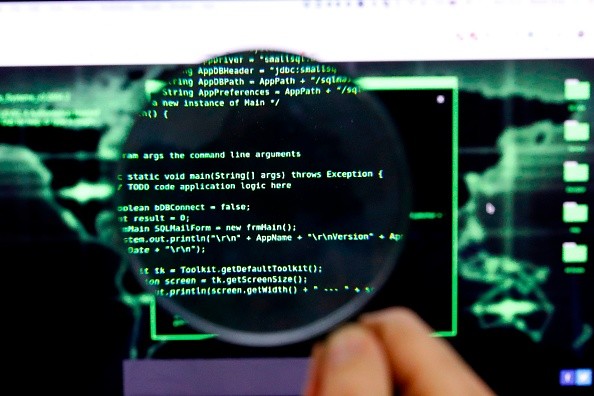Sonic Corp, one of the largest fast-food chain companies in the United States, is now in trouble after the lawsuit against it will now move forward.

An engineer from the Israeli company "Commun.it" uses his expertise in social media commercial analysis to identify networks of fake users during at the group's office in the Israeli city of Bnei Brak near Tel Aviv on January 23, 2019. - A coalition of Israeli diplomats, programmers and hackers have joined forces to stave off threats.
The litigation was filed by various financial institutions, which were affected by the recent Sonic Drive-In 2017 data breach. They claimed that the company was responsible for the massive hacking that put consumers' financial data at risk.
On the other hand, investigators also said that the data had been stolen in a cyber-attack, which involves online criminals installing malware on a point-of-sale system. This software was also used at hundreds of Sonic franchises across the United States.
"Sonic Drive-In has discovered that credit and debit card numbers may have been acquired without authorization as part of a malware attack experienced at certain Sonic Drive-In locations," said the financial organizations that filed the lawsuit.
Sonic Data Breach Affects Millions of Credit Card Owners
US Norton recently reported that the 2017 Sonic Corp data breach affected around 5 million customers' credit card details. Because of this, various cybersecurity firms, including KrebsOnSecurity1, concluded that the fast-food chain's payment system might have been compromised.

Participant hold their laptops in front of an illuminated wall at the annual Chaos Computer Club (CCC) computer hackers' congress, called 29C3, on December 28, 2012 in Hamburg, Germany. The 29th Chaos Communication Congress (29C3) attracts hundreds of participants worldwide annually to engage in workshops and lectures discussing the role of technology in society and its future.
Financial institutes then complained they saw fraudulent transactions from the credit cards and debit cards used at Sonic beforehand.
Because of this issue, Sonic Corp decided to work with law enforcement agencies and third-party forensics experts. However, they were still unable to prevent hackers from stealing data from the credit cards of their consumers, which were then seen on the Dark Web.
The Welsh government is being accused of breaking data protection laws more than 300 times in other news. On the other hand, crypto thieves are also becoming rampant, stealing around $600 million.
Sonic Crop Guilty of Affirmative Acts
According to Infosecurity's latest report, U.S. District Judge James Gwin confirmed that the giant American fast-food chain company is guilty of affirmative acts, which put its consumers' banking details at risk.
Because of this, Gwin turned down the request of Sonic Drive-In to grant summary judgment. He explained that the company is responsible for the 2017 massive data breach since it should have prevented that from happening.
For more news updates about Sonic Corp's data breach lawsuit and other security threats, always keep your tabs open here at TechTimes.
Related Article: Fortinet VPN Users' Compromised as Hacker Gang Leaks 500,000 Passwords on Dark Web Forum
This article is owned by TechTimes
Written by: Griffin Davis








